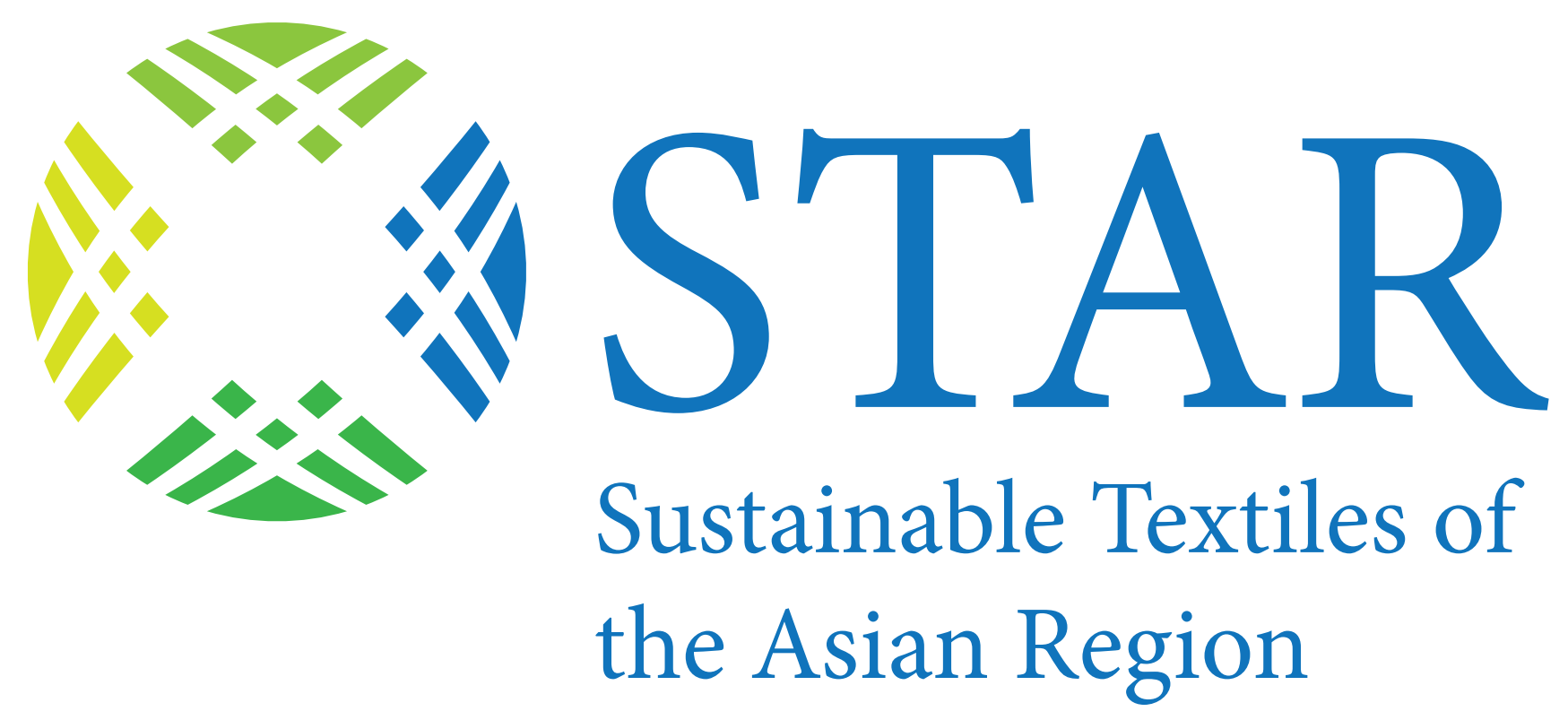From Catwalk to Carbon Neutral :
Mobilising Funding for a Net Zero Fashion Industry
Despite over 400 companies committing to science-based targets, the funding for decarbonizing the apparel sector's production - where over 80% of emissions originate - largely falls on manufacturers. This creates a significant gap in collective action and equitable financing.
Commissioned by Artistic Milliners, Epic Group, MAS Holdings, NITEX, TAL Apparel, Pactics Group, Simple Approach, and supported by GIZ, FABRIC Asia Project and Transformers Foundation, the report reveals the urgent need for a transformative approach to funding decarbonization in the apparel sector, exploring funding needs and constraints, current funding options, as well as proposed solutions for innovative financing models.
This report has been endorsed by the International Apparel Federation and Fashion Producer Collective.
WAtch The Launch Webinar
Discover financial solutions that can effectively support decarbonization efforts in the apparel sector with Arjen Laan, Bappy Nurul Mukitadir, Dhanujie Jayapala, Matthew Guenther, Mehak Masood, Nemanthie Kooragamage, Revan Philip Wickramasuriya, Saqib Sohail, Vidhura Ralapanawe.
The aim of this report is to answer:
Calls To Action
The following recommendations aim to foster collaboration, bring a strong focus on value chain decarbonisation and to enhance accessibility, availability and affordability of funding.
-
Manufacturers, in partnership with brands, need to lobby for government policies that support decarbonization, including financial incentives like subsidies and regulatory frameworks.
-
The industry must commit to strict sustainability reporting, showing how decarbonization financing is being allocated across the value chain.
-
A collective effort is needed to pilot and scale this fund, echoing the principles of Fairtrade, to support comprehensive industry decarbonization.
-
It's crucial to increase the availability, accessibility, and affordability of financing, especially for SMEs and manufacturers in developing countries. This includes low-interest rate funding and risk underwriting.
-
Commercial banks are called upon to allocate a fixed percentage of their lending portfolio to finance decarbonization in the apparel industry, setting a new sustainability standard in finance.
-
Decarbonization shouldn't be seen as solely a manufacturer's responsibility. It's a value chain challenge that requires collective action and innovative solutions.
-
Decarbonization: Brands and retailers must reevaluate their relationships within the value chain, mitigating business risks and fostering a positive environment for sustainability investments.
This report is endorsed by
This report has been endorsed by the International Apparel Federation and Fashion Producer Collective.
If you haven’t read “Towards A Collective Approach: Rethinking Fashion’s Doomed Climate Strategy” identifying a worrying disconnect between the industry pursuit of science-based targets and feasibility, equity and financing, download the report here:
WE NEED YOUR HELP!
→ Spread the word: let’s unleash the power of our combined network, and share the release of this report with your audiences.
→ Take the time to read the report and our calls to action to understand what you and your network can do.
→ Share your feedback and ideas for targeted outreach with the solutions enablers identified in the report. Connect with us hello@transformersfoundation.org, our doors and ears are open to relevant ideas and feedback that drive coordinated action.









